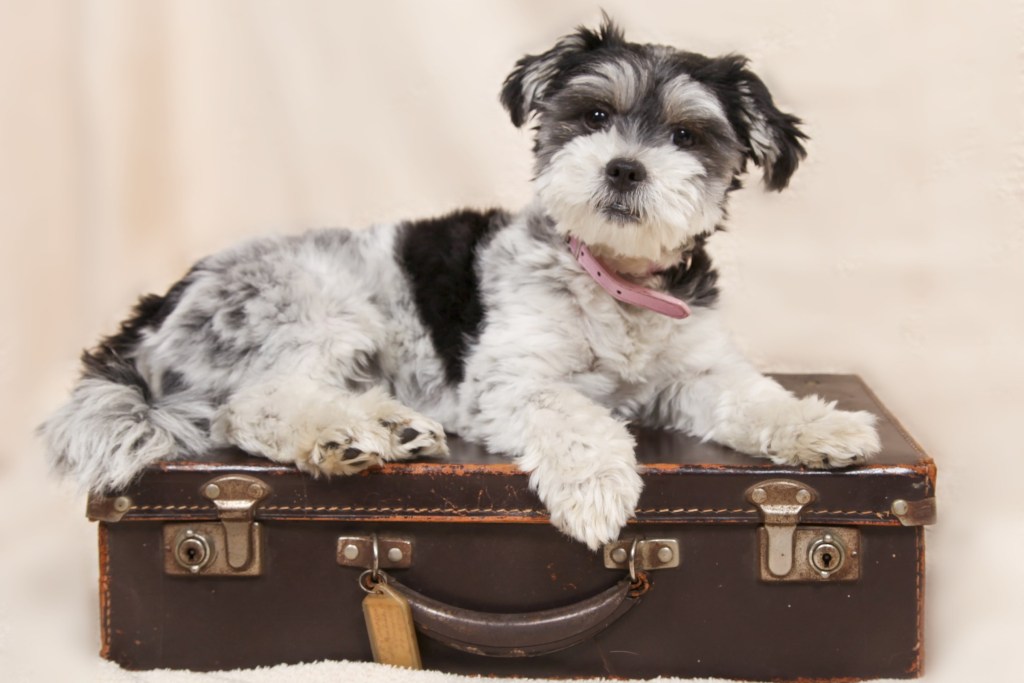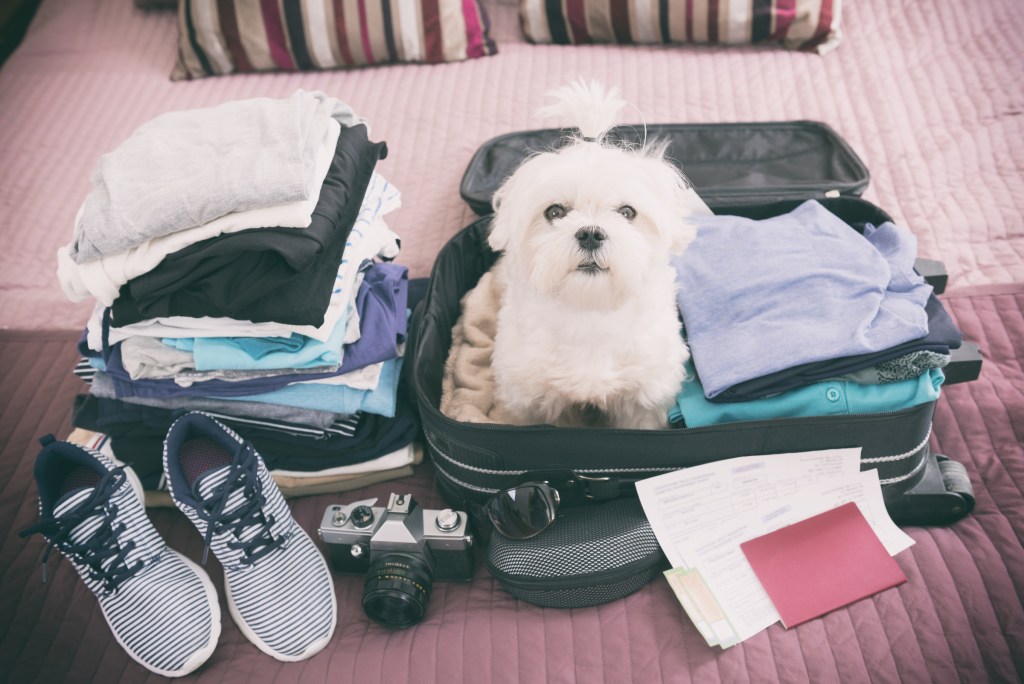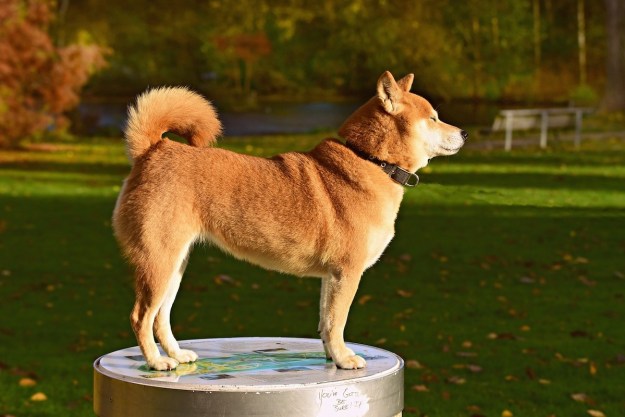Bringing your fur baby along on vacation sounds like a great idea (and an adorable one), but how well would it really go? In some instances, your pup might be the perfect travel companion, but there’s a lot to think about before deciding whether this is the way to go. When planning a long trip, you should carefully consider whether to board or travel with your dog — but what should you think about before making this choice?
In this article, we’ll cover some important details about boarding your dog and whether it’s the right move for you. Some pet parents believe that the longer you’ll be traveling, the more beneficial it can be for your dog to be boarded, while others think the opposite — but you get the final call! Here’s what you should know.

What to consider when deciding whether to board or travel with dogs
Whether your trip is for a weekend or a month, don’t make this decision on the spur of the moment. Your dog’s mental wellbeing is at stake! That’s not to say don’t go with your gut, but maybe sleep on it or take your dog out for a day trip to get an idea of how she feels in new spaces. These are some other things to think about:
Your trip itinerary, length, and accommodations
Make sure to consider why you’re traveling and if your dog will fit well into that situation. If you’re traveling for work, for example, bringing your dog might not be the best idea. She most likely won’t be happy spending all day in an office waiting for you to clock out. If you’re taking a detour for a hiking adventure, on the other hand, your furry friend could be the best companion — just check park rules first!
When thinking about trip length, prioritize what’s most important for you and what’s most beneficial for your pet. Some pet parents are more willing to bring their dog on a short trip, while others think the dog won’t mind being cared for over a short time. Other dog owners think longer trips are more pup-friendly, as the dog gets time to get used to a new place and you won’t have to miss each other the entire time.
If you decide to bring her, don’t forget to double-check your hotel or lodging details to make sure your pup is allowed. Check the places you know you’ll be visiting as well. What would you do if you get there and realize it’s not pet-friendly? It’s never a bad idea to have a backup plan!
Your pet’s temperament
Whether you’re traveling for work or play, every pet will handle it differently. Although national parks may seem like dog-friendly destinations, for example, you still won’t have fun if your pup hates hiking and needs to be carried the whole way. Alternatively, some dogs may love napping in an office while you work, while others become so understimulated that they feel compelled to cause trouble.
This is where your best judgment will come in handy, pet parents. No one knows your fur baby better than you do, after all. As mentioned above, it may help to take a short experimental trip with your pup that mimics the environment of your long vacation so you can get a good idea of what to expect if you decide to bring her.

Why boarding your dog can be beneficial
A lot of the time, boarding your dog while you travel will end up being beneficial — and less stressful — for you both. Traveling, especially by plane, can be extremely dangerous for dogs, so you really need to ask yourself if it’s worth the risk. Boarding, on the other hand, ensures that your pet has around-the-clock care and a consistent routine.
One major benefit to boarding your dog while you’re traveling is that your pet will be taken care of no matter what. Traveling entails many risks, including the inability to meet your pup’s needs on time. While it’s nothing any pet parent wants to experience, it’s sometimes out of your control, especially in an unfamiliar location. Paying for overnight boarding (which, honestly, can get expensive) means you’re also paying for her wellbeing and your peace of mind. You may miss your fur baby while you’re away, but many boarding facilities are more than willing to help you check in on your pooch through photos or over the phone.
Long trips can be stressful and exhausting — not what you want for your pet! Although some trips can certainly be great bonding experiences, it’s totally okay if this trip isn’t the one. When you are unsure whether it’ll help or hinder you to have your dog tagging along, you may want to consider boarding her instead. Odds are, she’ll be comfier this way, and you’ll be able to enjoy your trip to the fullest. You’ll have the rest of your lives to spend together when you’re back home.
Editors' Recommendations
- Can dogs see in the dark? Your guide to your dog’s vision
- The best medium-sized dog breeds for your family
- Can dogs eat pineapple? What you need to know
- Why do dogs hump everything? You might be surprised
- Dog body language decoded: This is why dogs pull their ears back




